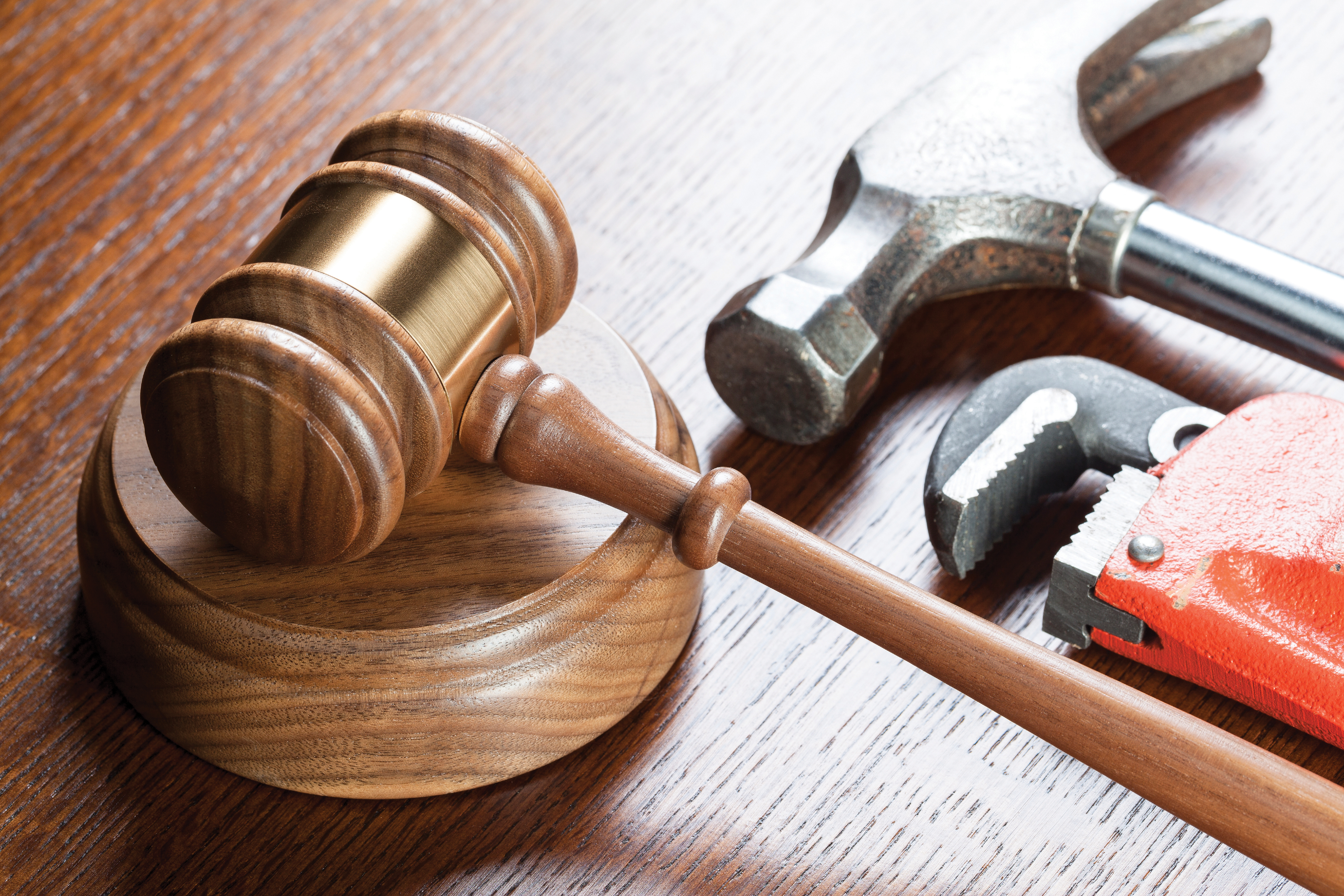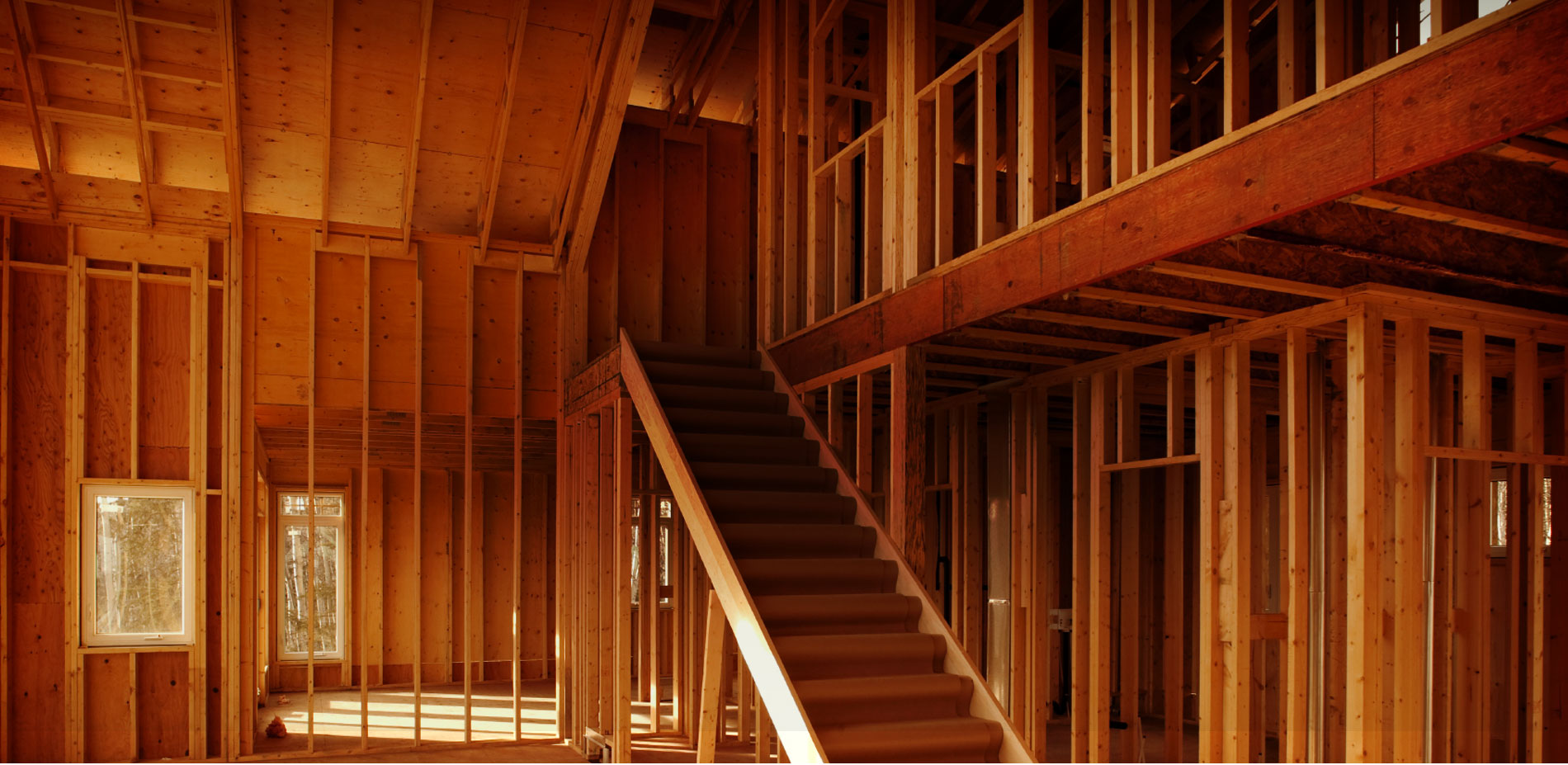Adequately Insured Subcontractors
by Doug Davis, Eastern Atlantic Insurance Company

Any human activity involves risk. To really prevent having accidents at your jobsite you’d have to go back in time to that day when you decided to become a GC and decide to do something else. Until a time machine is invented, you’ll need General Liability (GL) insurance and you’ll want all your subcontractors to be adequately insured. Why? Let’s go back to the sloppy demo contractor who left the debris lying around for the trespasser to trip over.
If that demo guy doesn’t have insurance, your GL company will not only have to pay this claim; they will add the demo classification to your policy and charge you the extra premium. It’s hard enough to be sure your subs have enough insurance even when you require certificates each year. For example, if one of your subs has a claim working for someone else and it reduces his/her limit of liability, that certificate you got a few months ago is suddenly out of date. It says your subcontractor has $1,000,000 for each accident. Only now, the claim has reduced this amount to $500,000. Suppose one of your subcontractors had their GL coverage canceled or nonrenewed? If you’re listed as an additional insured on their policy you should receive a courtesy notice of cancellation… provided you asked for one and insisted it be shown on the certificate. Either one of these possible scenarios can lead to a claim being made against your GL.
But what about that trespasser? Why should he be compensated for getting hurt while being illegally present on your jobsite? The answer has to do with the degree of responsibility you have to the public. Think of your own home as a jobsite. Let’s say you invite friends over to a Memorial Day picnic. You want them to be there. The last thing you want is for one of them to trip and fall over your garden hose laying in the yard because you failed to put it away. The same is true for the delivery person and the guy who reads your gas meter. Then there’s the door-to-door salesperson or survey taker. You’re not as happy to see them, but you wouldn’t call 911 when they show up either. The one thing all these people have in common is a right to expect that you keep your yard, sidewalk and steps free of objects like your garden hose, stray toys and other debris when they come calling. Even a burglar or a vandal is owed some degree of care. You can’t use excessive force to restrain a burglar and you can’t take the position that a trespasser should just watch their step if there is an unprotected hazard on your jobsite.
Failing to understand these things and take steps to minimize the hazards at your jobsite creates liability. Your subcontractors are your first line of defense against lawsuits. Here are four things you can do to make sure your subcontractors are helping to reduce your chance of being sued:
- TRIP AND FALL HAZARDS that can’t be eliminated must be marked with signs, cones, reflective tape, etc., in such a way that they are obvious to the public.
- Require your subs to provide CERTIFICATES OF INSURANCE each year. These should show your subcontractors have their own GL coverage with limits of liability equal to yours.
- Insist that they name you as ADDITIONAL INSURED on their policies.
- Make sure they HOLD YOU HARMLESS in your contracts with them.
Never let up on your efforts to hold your subs to this high standard and to practice good jobsite preventive maintenance.



